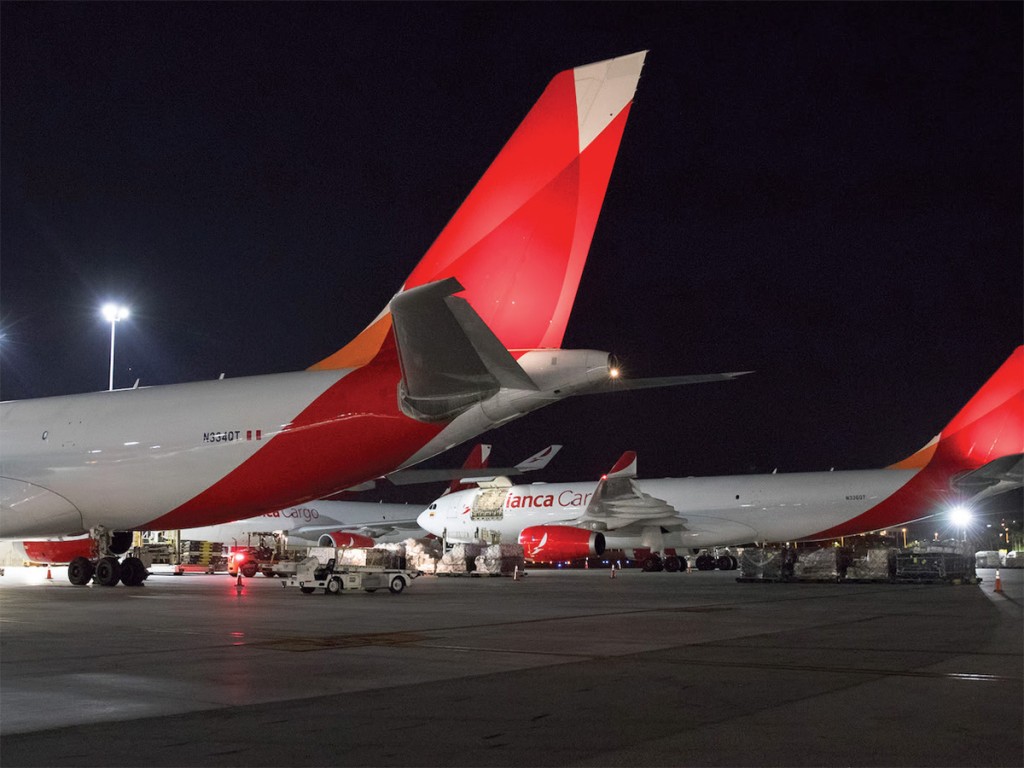Miami International Airport is expanding and that is good news for perishable shippers.

Miami International Airport (MIA) plans to double its on-airport cargo capacity to keep pace with its record breaking cargo volumes in recent years and with continued forecasted growth.

Even before the upcoming expansion, which is to be expected to be completed in 2027, in 2021, Miami was already receiving 69% of the United States’ perishable air cargo volume, which totaled 621,292 tons.
Nares said airport cargo volumes in 2021 and 2022 were the first to ever exceed 2.45 million metric tons (2.7 million U.S. tons). Following a record volume in 2020, Miami International saw an increase of 18% in 2021 to 2.5 million tons. This three-year span represents the three greatest years for total cargo volume in the history of the Miami airport, which is owned, operated, and managed by the Miami-Dade County government.

Relative to national air transportation figures, flowers are the dominant perishable category for Miami airport. Miami in 2021 received 88.7% of flowers imported by air into the U.S. This was 297,536 tons, valued at $1.58 billion. Accounting for most of this volume are exporters in Colombia and Ecuador. Nares said “connectivity” is a key to this success. He states that 13 freight airlines directly connect Bogota and Medellin to Miami. There are also five different passenger airlines providing cargo space in their bellies. At the same time, there are six cargo airlines connecting Quito with Miami, in addition to two passenger services out of Quito.
In the perishable fruit and vegetable category, MIA received 69.3% of US air imports of this category. This amounted to 73,343 tons in 2021. Most of this volume came from Latin America, particularly from Central and South America.
In the fish and seafood import category, Miami received 58.1% of all US air imports of this category, which was 246,131 tons.
Existing on-airport refrigerated space with a combined total of 43,293 square meters, the most among all US airports, enables the processing of such large volumes of perishables at MIA.
Also expediting Miami International Airport’s perishable trade is the heavy presence of Federal inspectors representing CBP, USDA and other inspection agencies. Of all U.S. airports, the greatest numbers of these inspectors are in Miami.
_-_127500_-_27c823241580996b2f70e43819ff4c27da31c732_lqip.jpg)



